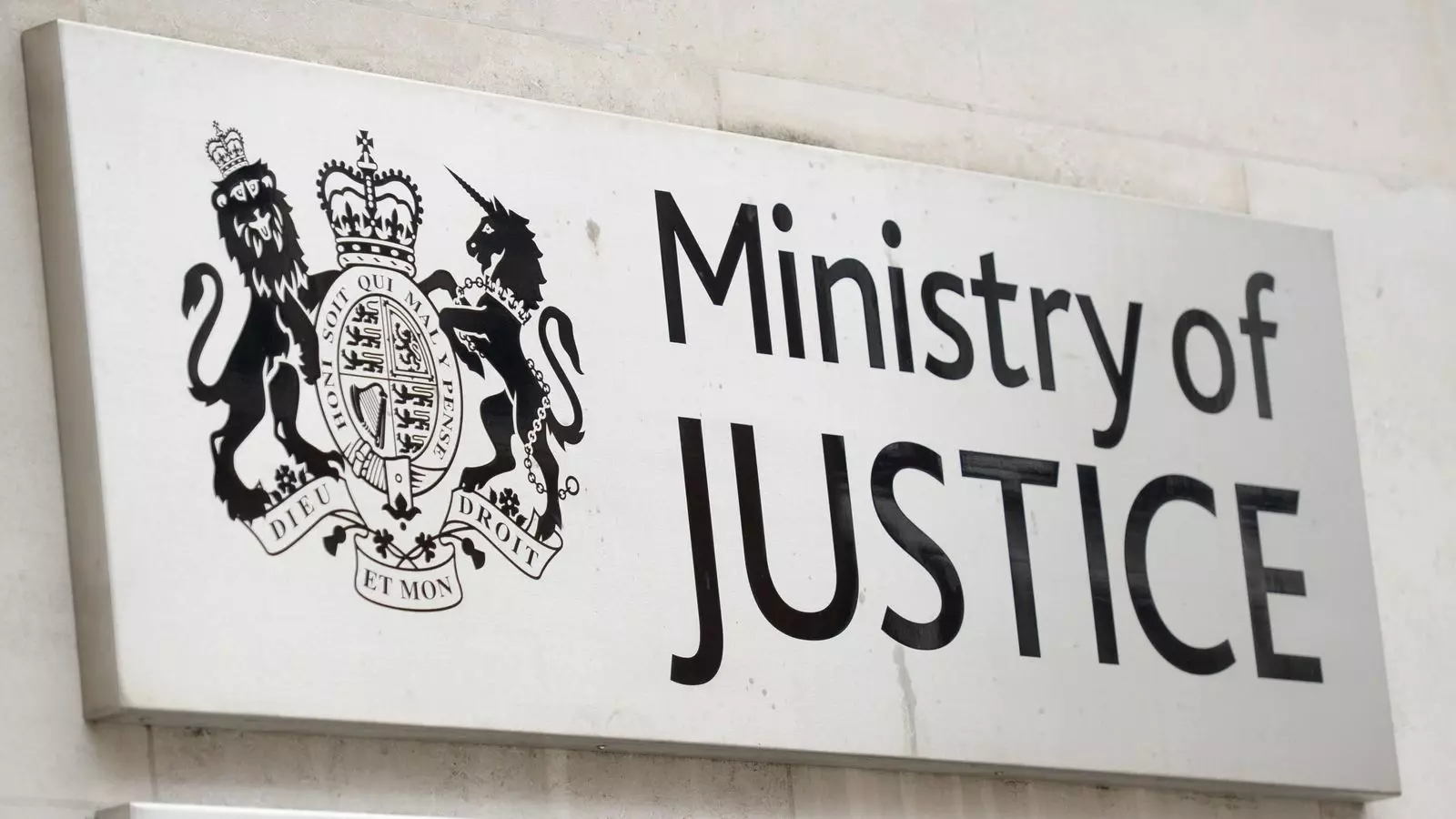In an age where information is currency, the sanctity of personal data cannot be overstated. The recent cyberattack on the Legal Aid Agency (LAA) has unveiled cracks in the UK’s digital infrastructure, exposing vulnerable citizens to the ever-looming threat of identity theft and misuse of sensitive information. With hackers allegedly accessing data from 2.1 million legal aid applicants, the breach is not just an inconvenience; it represents a staggering betrayal of trust from governmental institutions designed to serve and protect the populace.
The Ministry of Justice (MoJ) confirmed that a “significant amount of personal data,” including criminal histories, was compromised. This incident is a blazing signal that our systems might not be fortified against the digital age’s relentless onslaught. The very idea that private information regarding an individual’s financial situation, criminal records, and personal identifiers could fall into the hands of faceless cybercriminals reflects a grave failure in our governing systems.
The Role of Neglect and Mismanagement
A spokesperson from the MoJ cited “neglect and mismanagement” on the part of the previous government as the root of the breach. This revelation should rile every citizen who values accountability and responsibility in governance. Such negligence in safeguarding our data undermines the very fabric of our legal and social systems. It is not merely a technological lapse, but a perilous disregard for the safety and privacy of millions who sought help through the very systems designed to assist them.
For years, vulnerabilities within the LAA’s IT systems have been “known,” yet they lingered unaddressed, akin to a festering wound in need of bandaging. This is a glaring example of how the governmental inertia over vital infrastructure can lead to devastating outcomes. Legal aid applicants are already vulnerable; how can they trust a system that cannot secure their most private details?
Digital Services: Shuttered by Fear
In the aftermath of the breach, the LAA’s digital services have been taken offline—a drastic but necessary step to secure what remains of the compromised system. This radical action, pronounced by LAA’s Chief Executive Jane Harbottle, reflects the severity of the situation. But where does that leave those in desperate need of legal support? The reliance on a digital framework in this era necessitates not only robust security but also contingency plans that ensure uninterrupted service even when calamities strike.
The Law Society’s critique of the “antiquated IT system” serves as a poignant reminder that financial investment in technology is not a luxury; it is an imperative. If the government desires to maintain public trust in the legal system, decisive action is required to innovate and modernize outdated frameworks. The events following this breach should spark an urgent reevaluation of how we allocate resources to digital security within public agencies.
Public Vigilance and Anxiety
In a world where personal data breaches have become alarmingly common, the MoJ’s advice to update passwords and remain vigilant against unsuspecting communication reads like an echo of helplessness rather than empowerment. Citizens deserve reassurances that their data remains in safe hands, protected not just at the time of application but continually throughout its lifecycle. The responsibility does not cease with individuals safeguarding their own details; institutions must shoulder their part of the burden to create a secure environment for all.
The ramifications of this breach extend far beyond individuals’ immediate concerns; they penetrate the collective psyche, stoking fears around personal privacy, safety, and the integrity of the justice system. How can anyone feel secure when their data is floating in the hands of hackers? The continuous onslaught of similar incidents across various sectors—including other recent cyberattacks on retailers—creates a troubling narrative around our digital security landscape.
While the MoJ works alongside the National Cyber Security Centre and the National Crime Agency to investigate this incident, there is an undeniable urgency to not only address the current fallout but to also prevent future breaches. A more proactive, rather than reactive, approach to cybersecurity is essential. The lessons learned from this incident must catalyze meaningful change, urging an overhaul of how governmental agencies guard the personal data entrusted to them by citizens seeking justice.
The question remains: will this breach galvanize action, or will it fade into another cautionary tale, where lessons are observed but not learned? The fight for robust digital security is just beginning, and the stakes have never been higher.


Leave a Reply